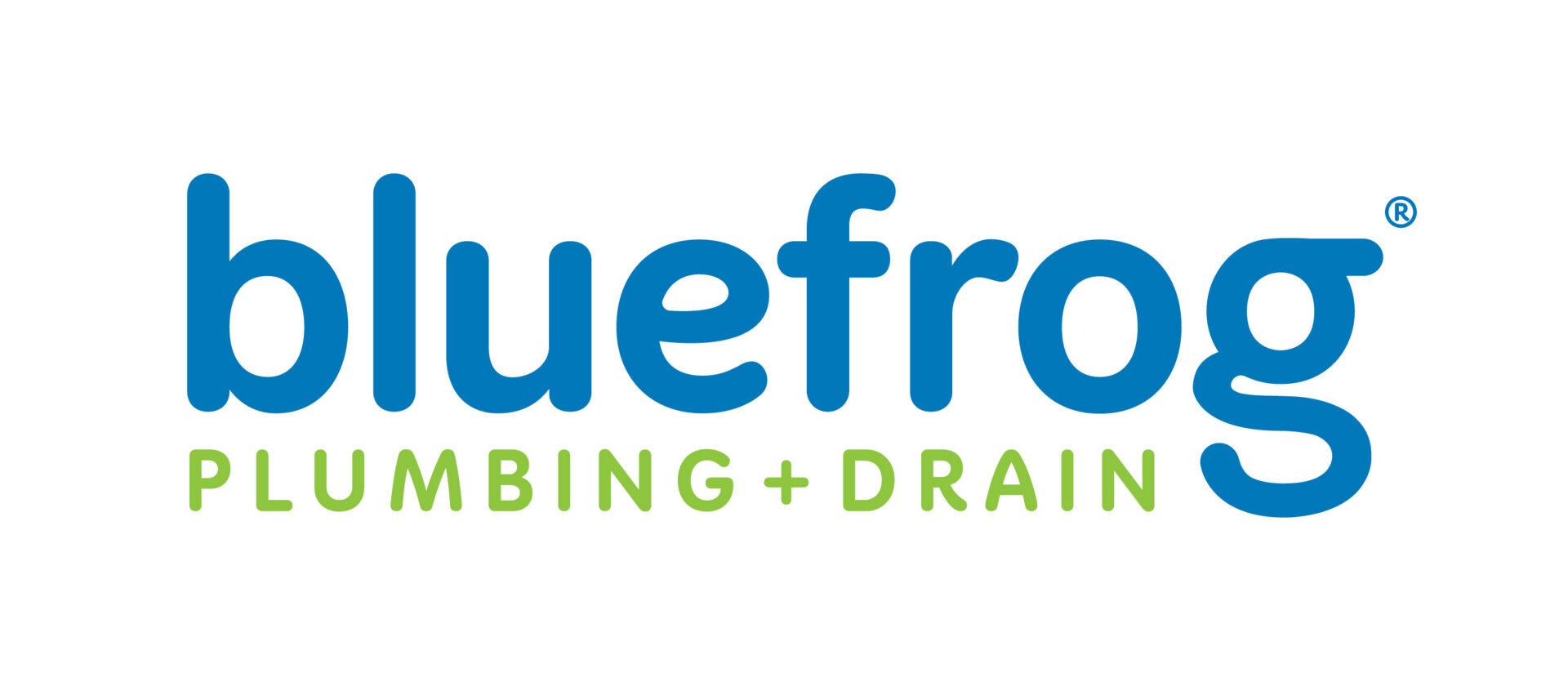Millions of properties across the United States are connected to natural gas pipelines. In residential properties in Salt Lake City, 9 out of 10 homes use gas for heating, cooking, and drying. While most gas connections are safe with proper use and regular maintenance, situations like poor installation or everyday wear and tear can lead to gas leaks.
While natural gas is non-toxic, it is flammable and dangerous in high concentrations, leading to many health and safety risks. It can also affect your utility bills, your property, and any greenery exposed to the gas. You can prevent these by knowing how to detect a gas leak on your property.
How To Detect a Natural Gas Leak
These are some signs that your property has a potential gas leak.
- The Smell of Rotten Eggs: Natural gas has no odor or colors, but gas companies add odorants to give it a distinctive smell. As a result, if you smell rotten eggs for no reason, there’s a chance that there’s a natural gas leak nearby.
- Hissing Sounds: You might hear hissing noises, especially from your appliances. This could be the sound of natural gas leaking out.
- Bubbling Puddles: Leaks could occur on the outdoor underground pipes. The natural gas could leak into the soil and make its way upwards. If there are puddles or muddy areas on your property and you notice bubbles forming, it could be a sign of the gas escaping the soil.
- Unhealthy Plants: Gas leaks prevent plants from absorbing oxygen, especially at the roots. This will cause it to wither and die. Plants, grass, and smaller trees are susceptible to this, so if you notice a yellow patch of grass or a plant in a specific area wilting compared to other sites, this may suggest a leak within the nearby vicinity.
- Increased Gas Usage: It’s normal for gas usage to increase during the winter seasons or if you’ve installed a new appliance. However, if you notice your utility bill showing an increased use and it’s not caused by an apparent reason, it could suggest a leak around your property.
- Appliance Malfunctions: Gas-powered appliances may malfunction if there is a gas leak in your system. For instance, how to detect a gas leak from stove tops can be determined by flame color. Your stove should also give off a blue flame; orange and red flame suggests an issue with the gas supply.
- Early Physical Symptoms of Gas Poisoning: Most people may show symptoms at high concentrations of natural gas. However, some may show earlier symptoms of gas poisoning in low concentrations. Some of the signs to look out for include:
-
- Headaches
- Dizziness and nausea
- Fatigue
- Irregular breathing
What To Do If You Spot a Gas Leak
If you suspect you’re dealing with a gas leak, it’s best to stay calm and follow these instructions.
- Evacuate the Property: Make sure everyone exits your property and is a safe distance away. On the way out, open the doors and windows to increase indoor ventilation and spread the natural gas away from your home.
- Turn Off the Gas Supply: If you know where your shutoff valve is and how to use it, turn off your property’s gas supply. However, don’t return indoors even if you’ve ventilated the property. If you’re unsure how to turn off the gas supply, leave it to a specialist.
- Contact a Specialist: Call a specialist for emergency plumbing services so that they can attend to your property as soon as possible. On top of identifying and repairing the leak, they can install additional measures such as gas leak detectors to protect your property and those in it.
Additionally, avoid doing the following if you suspect a gas leak:
- Searching or DIY Repairing the Gas Leak: Let professionals handle gas leaks, as you could expose yourself to natural gas and risk gas poisoning.
- Use Electronics: If you suspect a gas leak, evacuate everyone from the property. Contact a specialist only after getting a safe distance away from the property.
- Remain Indoors: Evacuate as soon as possible, and don’t return indoors until your plumbing specialist has advised that it’s safe to return.
Keep Your Property Safe From Gas Leaks with bluefrog plumbing + drain
Gas leaks are a serious hazard on your property. If you know how to detect a gas leak, you can prevent the safety and health hazards that could affect you and your household. It’s best not to try to fix a gas leak on your own. Instead, contact reliable plumbers to deal with your gas leak and ensure your safety.
At bluefrog plumbing + drain, we provide emergency plumbing services that deliver swift and responsive assistance. We send licensed professionals to your home, so you can trust that you have an experienced and knowledgeable plumber ready to make your property safe.
Contact bluefrog plumbing + drain for your regular and emergency plumbing needs in Salt Lake City.
